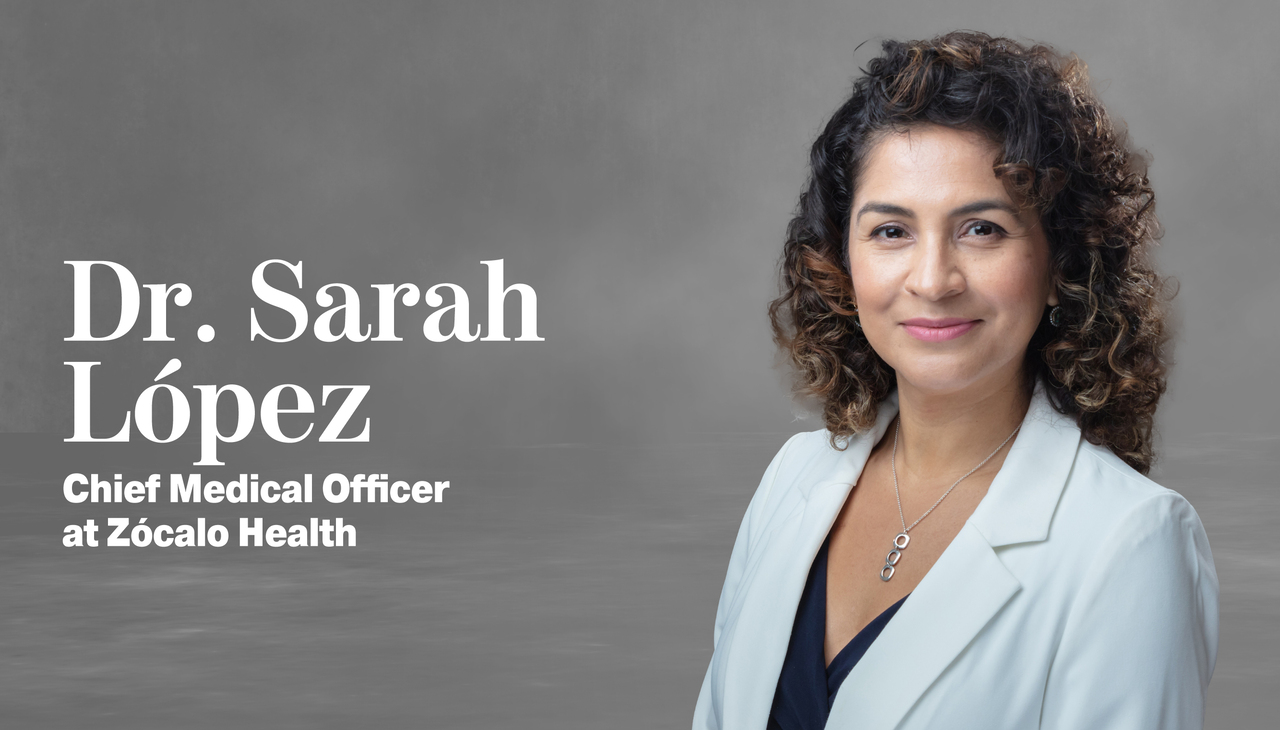
Participation and cultural relevance, keywords in health care services
Exclusive interview with Dr. Sarah López, Chief Medical Officer at Zócalo Health, a medical care service focused on Latino communities.
Noted especially for offering services in the language of its patients, as well as for its respect for the race and culture of the communities it serves, Zócalo Health combines tradition with innovation and prioritizes relationships of trust between care teams and patients.
Founded by Erik Cárdenas and Mariza Hardin, and aimed to the Latino population in the United States, this health care service focuses on prevention, primary care, behavioral health, and traditional practices that work together to support the well-being of its members.
Cárdenas and Hardin note on Zócalo’s website:
The time to fight for culturally relevant and compassionate care for Latinos is now. Because we are important.
A Culturally Relevant Health Service
AL DÍA News recently spoke with Dr. Sarah López, Chief Medical Officer at Zócalo Health, who outlined some of the obstacles that Latinos face when seeking health care services.
“Many Latinos don’t trust the U.S. healthcare system due to generations of trauma and challenges when accessing healthcare,” pointed out López, who was part of the first Medical Education Program for the Latino Community (PRIME-LC) at the University of California, Irvine, an initiative focused on training highly qualified physicians who are culturally competent and dedicated to serving the diverse population of Southern California.
López, recognized as an advocate of promotion through education, underlines the importance that Latinos place on receiving individualized and unhurried medical attention, since, according to her, this instills confidence in the care team.
“Zócalo Health’s culturally competent services eases the burden on Latinos who have to navigate the complicated health system. Our homegrown, culturally congruent workforce understands our patients and can see each individual to tailor a care plan that meets them where they are at,” highlighted López.
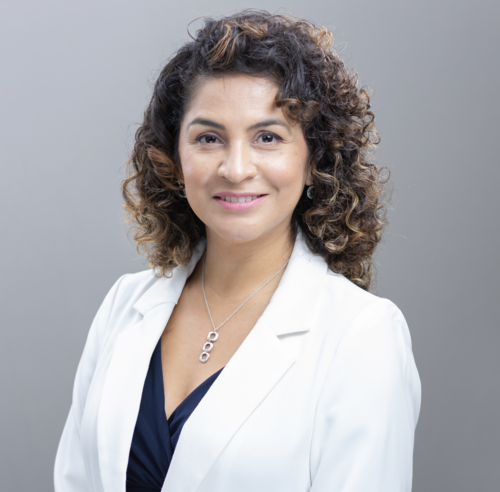
With an extensive history of working in the healthcare and hospital industry, Zócalo Health's medical director practiced Emergency Medicine at LAC+USC, one of the best MS training programs in the country.
“Cultural compatibility and competence when delivering healthcare is crucial for many Latinos, but not prioritized by the health system. There is real data that incorporating a patient's cultural background, beliefs, and values in their healthcare delivery improves health outcomes,” emphasized López.
Participation, A Key Concept
An expert in healthcare information technology (HIT), electronic medical record (EMR), clinical research, critical care, and medical education, López understands that navigating the healthcare system is complicated, while highlighting the support that Zócalo Health offers through its community health workers in processes such as:
- Creating patient account and learning to use telehealth technologies
- Making appointments
- Completing forms
- Connecting with specialty care providers
- Testing results
- Education on health and wellness
- Emotional Support
“I recently took care of a patient who is a healthcare provider and works in an assisted living facility as a per diem contractor, so she doesn’t qualify for medical insurance,” told López.
“This individual has also not been able to see a doctor because of the long hours needed to work to be able to provide for the family household. Imagine, working in health care and not having access,” she questioned.
“‘Participation’ is the most important health behavior and we engage our members to participate in their care. She is now activated to take care of herself, so she can keep working to provide for her family. We provide care in our language, our color and our culture,” underscored López.
Zócalo's medical director highlighted its primary care model, which combines tradition with innovation, prioritizing the relationships developed between its care teams and patients.
While offering culturally relevant services through the use of bilingual providers and staff, they also utilize their community health workers and tailor programs to the unique needs of each of their patients.
“Ultimately, we are building a community, a meeting place, a zocalo where health and wellness can grow,” stressed López.
Breaking Down Barriers
López underlined a study conducted by the Pew Research Center, which found that 44% of Latinos interviewed identified language as a major barrier that leads to worse health outcomes.
Data also revealed that limited access to neighborhood health care facilities/clinics was a significant barrier, leading 33% of Latinos to say that medical centers give Latino well-being a lower priority.
López stated:
Latinos face multiple barriers when trying to access healthcare, from not having insurance to struggling to find a doctor who is culturally congruent and can speak the same language.
Similarly, López, who currently sits on the board of directors for local California nonprofits where she actively works to build trust between health care institutions and the community, said the COVID-19 pandemic exposed just how extensive these barriers really are, with Latinos being hospitalized or dying from COVID at a higher rate than white Americans.
The medical director also pointed out some scenarios in which members of low-income Latino communities do not have the minimum necessary conditions to protect their health, much less to correctly treat their medical care conditions.
“Perhaps what’s disheartening as well is the tired notion of the traditional providers instructing Latino patients to engage in lifestyle or nutritional changes without fully understanding the very real situational barriers they face, only to then categorize them as just not being compliant. This is the very reason why it is important to learn from our patients and place culturally aligned care teams at the forefront of care,” noted López.
RELATED CONTENT
Mental Health
López cites a report by UnidosUS, the largest Latino human rights organization in the United States, revealing that Latinos are at greater risk of depression and anxiety related to poverty, poor housing conditions, rigid job demands, and discrimination, figures that have contributed to suicide rates among Latinos rising at more than double the rate compared to white Americans between 2010 and 2020.
“Many Latinos are in particularly socially vulnerable positions. They face so many factors like poverty, discriminatory and anti-immigrant policies as well as inequities across the board that really take a toll on their mental health and general well being,” said López.
While expressing concern about the small number of therapists of Hispanic/Latino descent who are able to offer their services in Spanish (5%), López also notes that she is optimistic that younger generations are more aware of the need to talk about their mental health, about the things they value and question, many of which have been kept silent in our culture.
López underscored: “They are talking about setting ‘boundaries’ and discussing topics like toxic ‘familismo’ that has led to many mental health struggles.”
— Erik Cárdenas (@ecard773) February 8, 2023
Breaking Stigma
Recognizing the structural and cultural barriers that limit Latinos' access to diagnosis and treatment of mental illness in their communities, the medical director of Zócalo Health points out that one of the most important tasks revolving around mental health treatment in Latino communities is to break the stigmas that exist, even when addressing the issue.
“We don’t want our patients to be lost in the healthcare system trying to find mental health support when we can be that support system for both their physical and mental health,” told López.
Zócalo emphasizes that mental health is part of its regular primary care services, offering therapeutic options in which patients can be seen, heard and educated about what they are experiencing.
Likewise, the medical director recognizes the obstacles that language can present for proper care, so Zócalo works specifically to connect patients with Spanish-speaking mental health providers who can provide them with tools to manage their mental health problems, as well as how to provide medicines through the platform when appropriate.
“At the end of the day, we take great pride in being able to provide community and a real sense of connection for those who feel so much isolation at times in their lived experience. We tap into their communities and provide an extension of their own community. Most importantly, we address the deep loneliness that many Latinos are experiencing by checking in on them. Sometimes that is all our members need to feel validated,” stressed López.
Affordable Services
Assuring that her goal at Zócalo Salud is to make primary care more accessible, López says its membership packages are very affordable compared to traditional doctor's offices, costing $40 per month for individuals, or $60 for families, with no insurance need.
It is also working to partner with local health plans to be a covered service for those who cannot afford monthly memberships.
Last April, it partnered with Mark Cuban's Cost Plus Company to expand access to affordable medications for its users.
We're thrilled to announce our collaboration with @costplusdrugs. At Zocalo we set off to reinvent primary care delivery and navigation for the Latino patient. Now we'll be able to further remove barriers by offering Latinos access to medications at transparent, low prices. pic.twitter.com/bb30AuStOS
— ZócaloHealth (@ZocaloHealth) April 4, 2023
“A major barrier to routine primary care and care management is high prescription drug costs. One in four Americans who take prescription drugs struggle to afford them. The issue is more acute for lower-income households. Latinos are three times more likely to be uninsured than their white counterparts and are more likely to face language barriers when it comes to understanding their medications. Zócalo Health solves both of these issues,” concluded López.
Zócalo Health currently has operations in the states of California and Texas, where it offers care memberships that provides same-day access to culturally aligned providers.



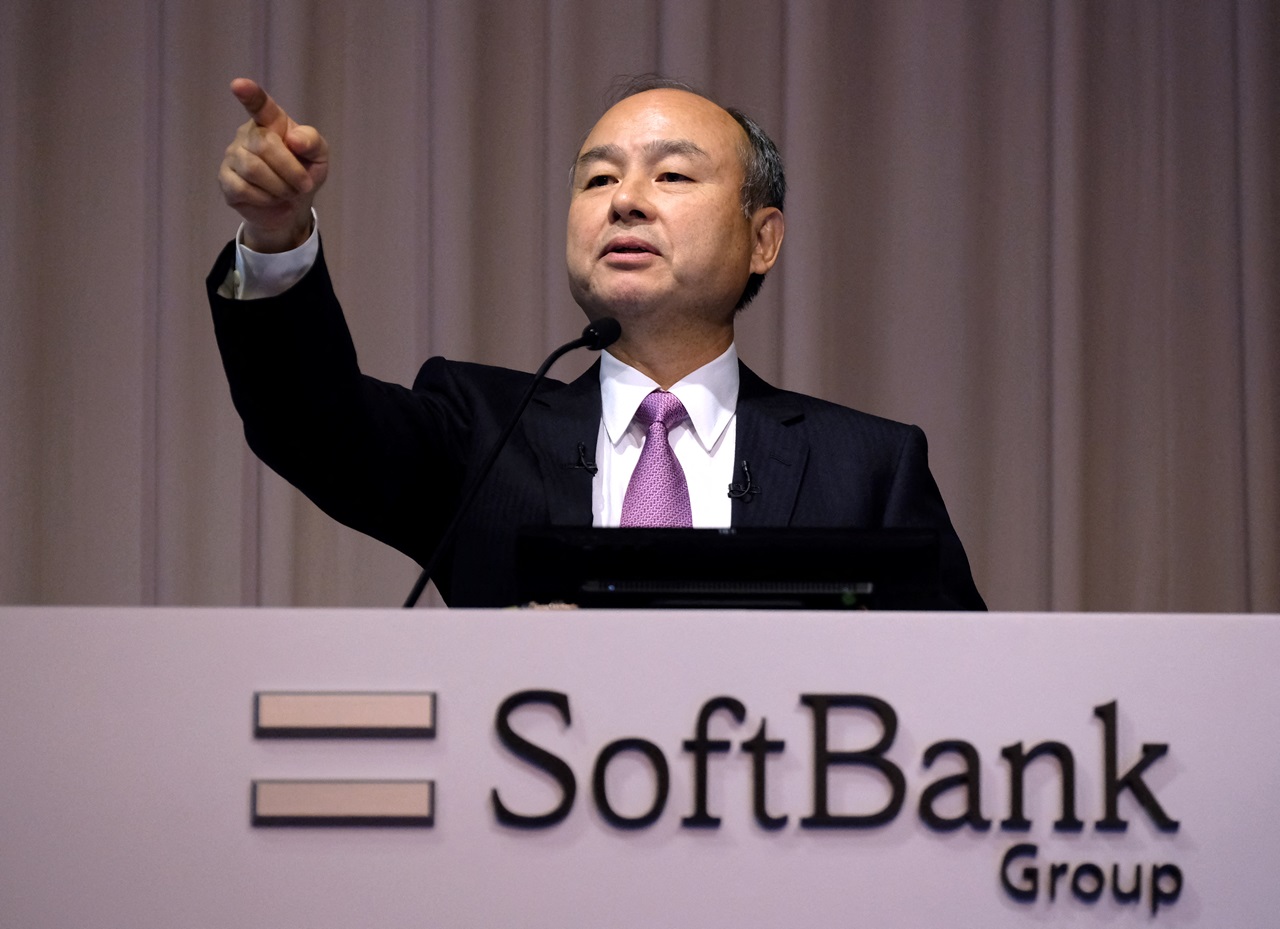


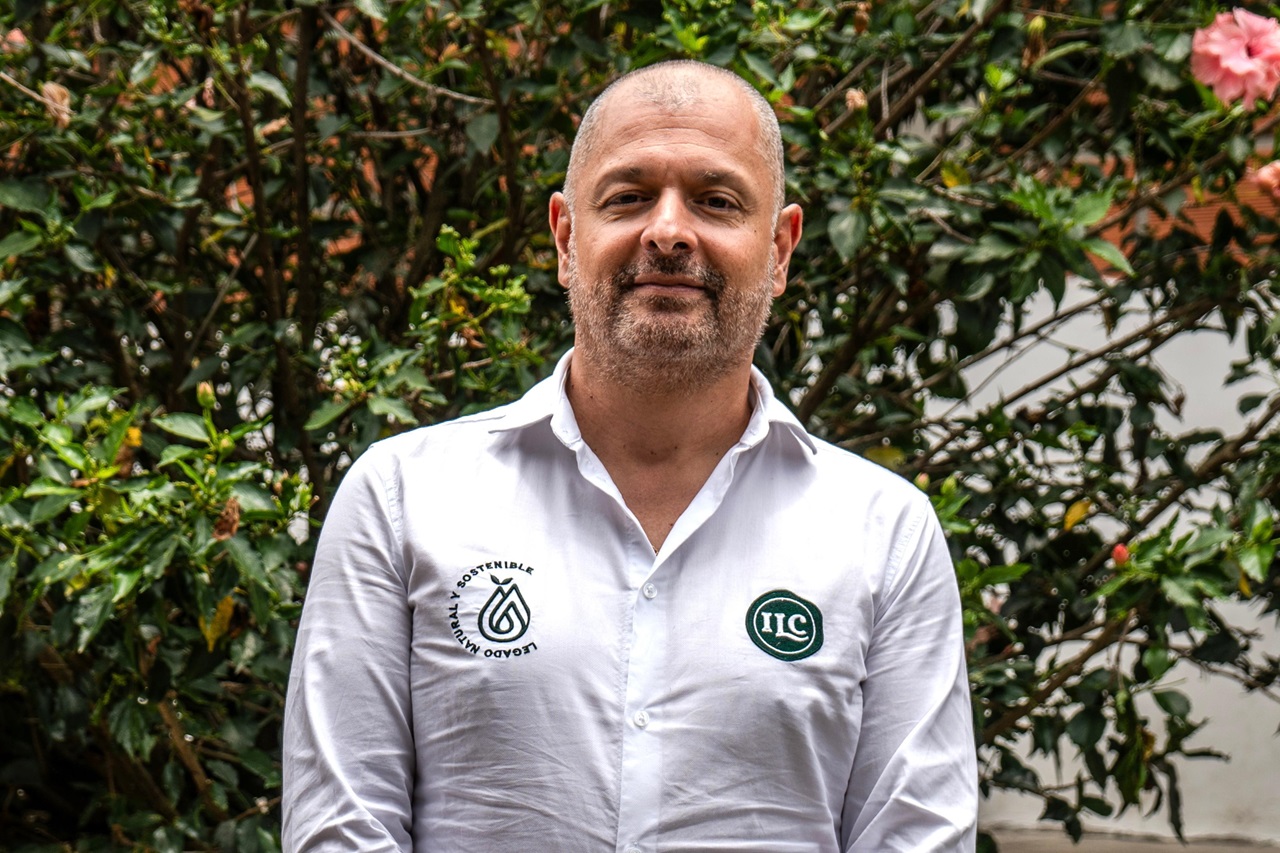
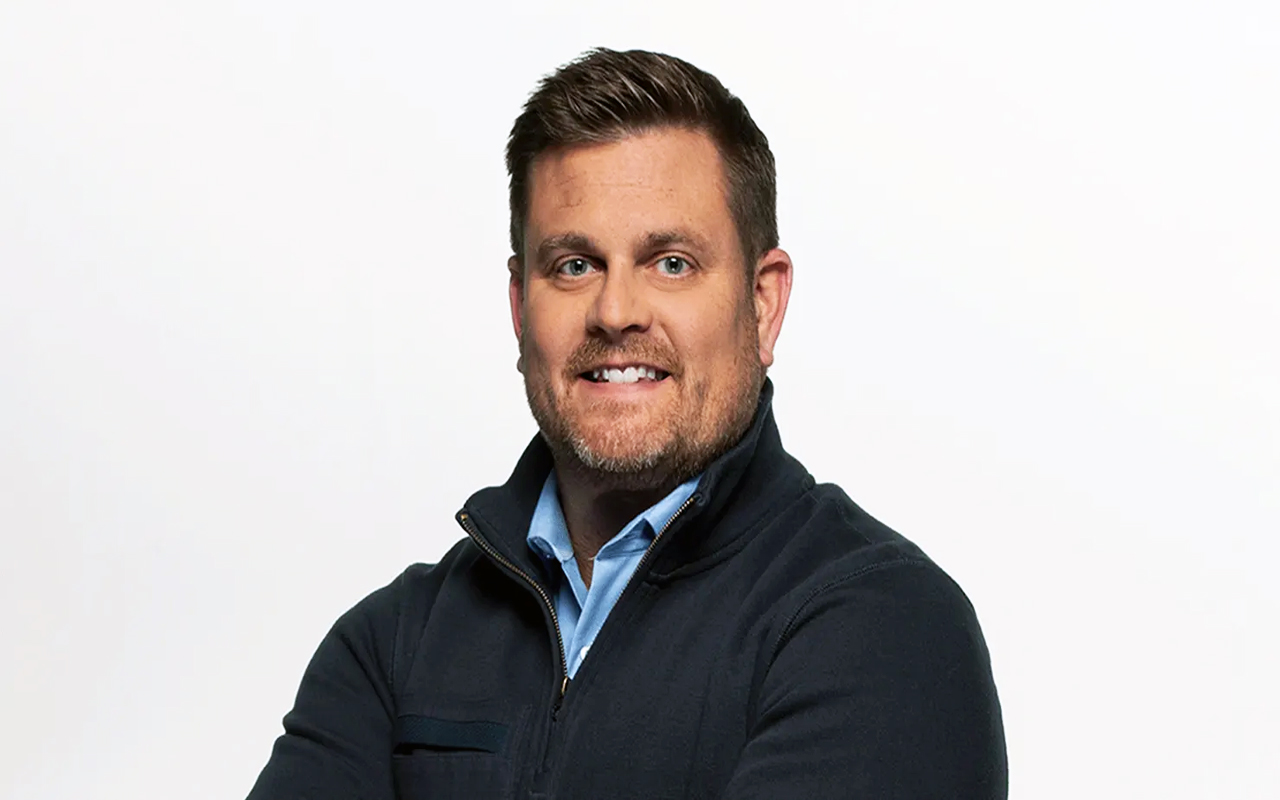
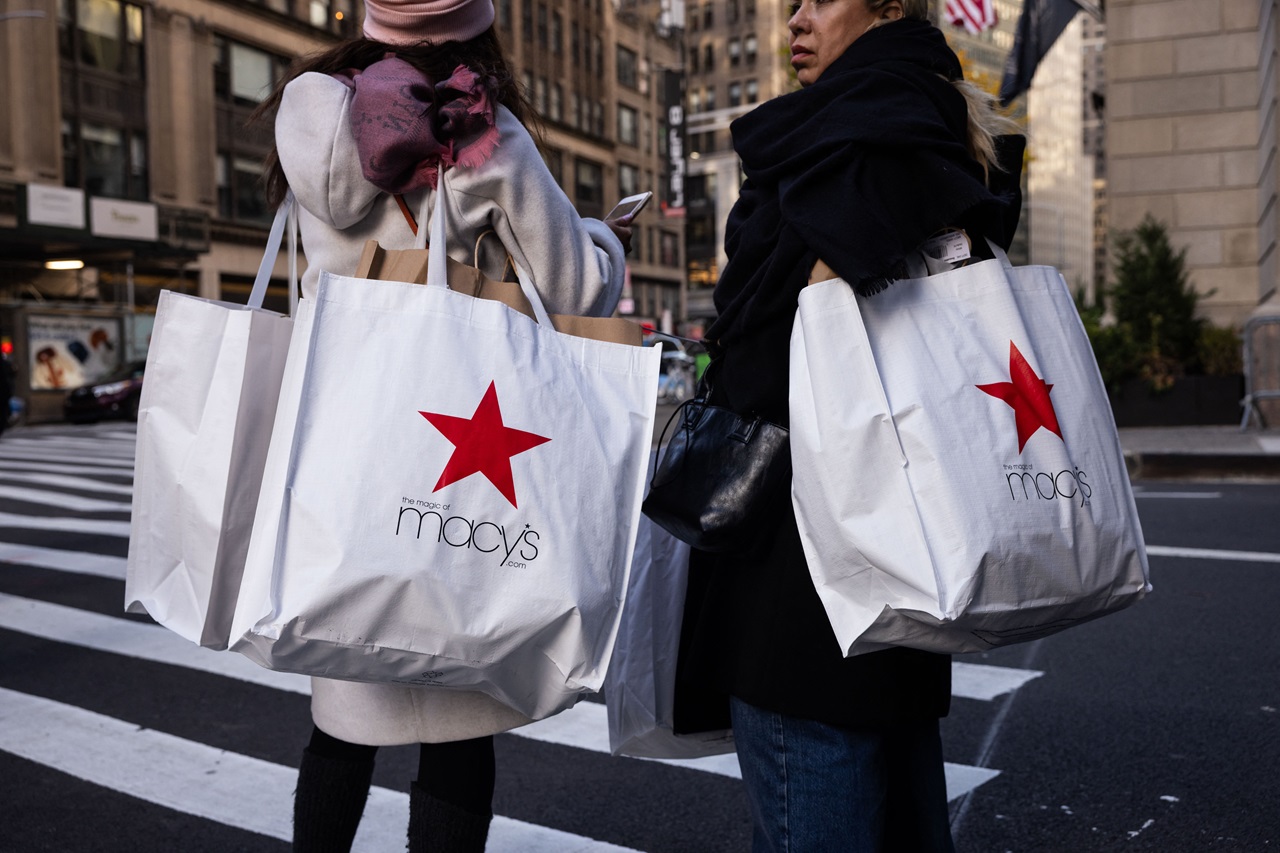
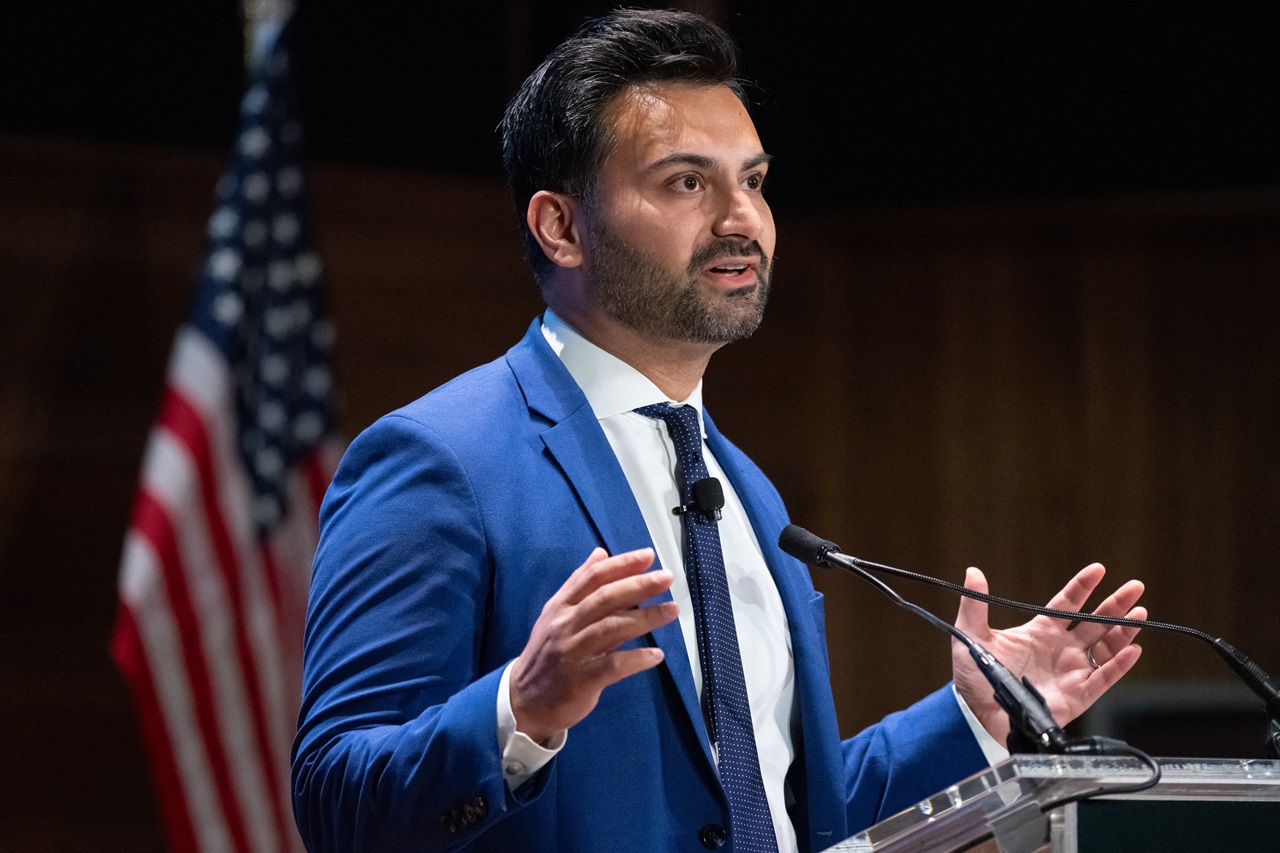

LEAVE A COMMENT:
Join the discussion! Leave a comment.